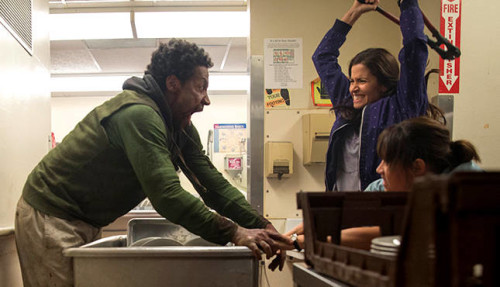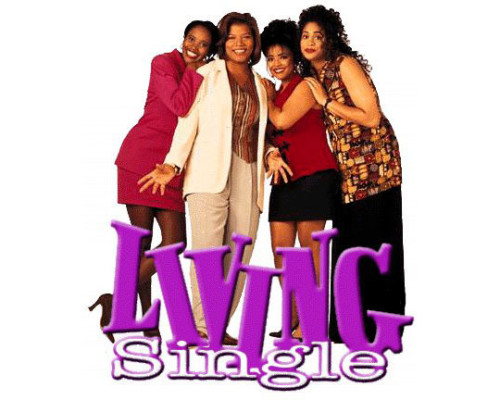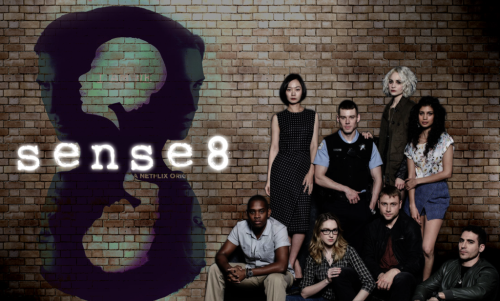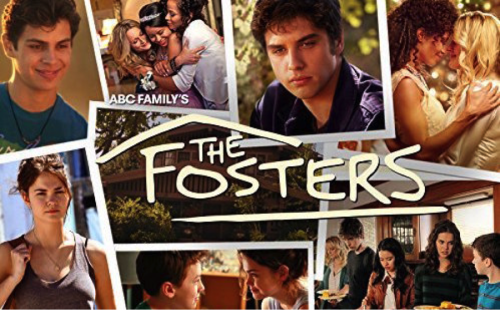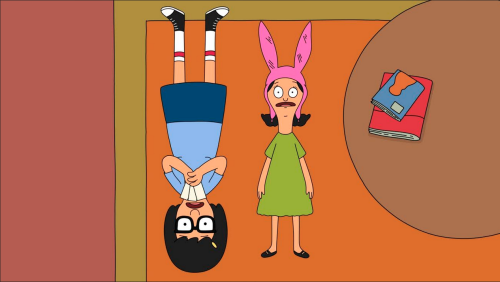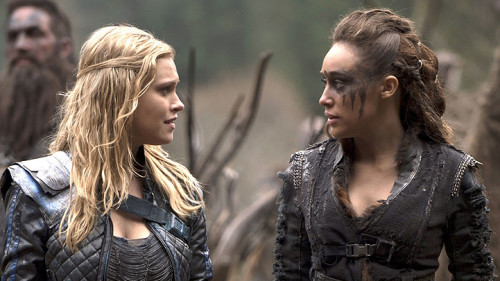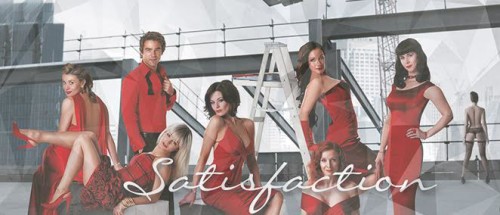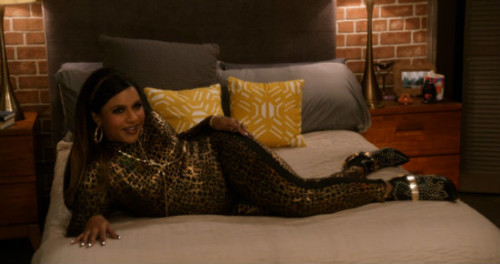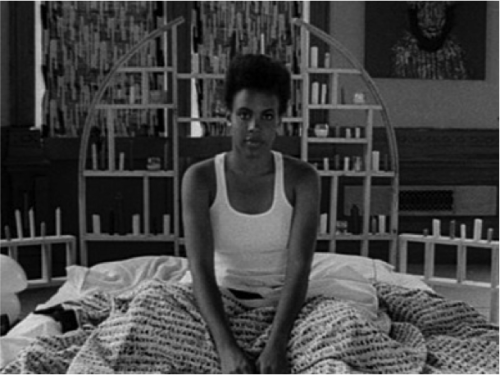The first season of AMC’s Fear the Walking Dead is over, and it wasn’t everything we’d hoped. Not that our hopes were that high. After all, as I noted last week, after a strong pilot episode, it took The Walking Dead until well into its fifth to become the type of compelling, frightening, and morally complex work we’d hoped for from the beginning. And we’re still not 100 percent convinced we’re there yet. The gore helped tide us over. We are horror fans after all. But the weak characterizations, sometimes plodding storytelling, and the show’s embarrassing representation of women and non-white characters severely dampened our enthusiasm.
Fear started out with an advantage in the casting of Kim Dickens, who doesn’t know how to play a boring character. She gave us a way into the new series, and Madison was immediately a stronger presence than any of the women on The Walking Dead, at least up until Michonne’s (Danai Gurira) arrival. The writing on the new show hasn’t been impressive, in terms of plot, dialogue, or characterization, but the cast, overall, has been strong (again, Frank Dillane’s slightly over-the-top performance as junkie Nick has grown on me) and Dickens is the backbone of that cast.
There are several prominent Latino characters on the show, which you’d think would be standard for any show set in 21st century Los Angeles, and while some of them are problematic, they’re not presented as stereotypes. The three most prominent Black characters on the show died hasty deaths, and the introduction of the mysterious, manipulative Strand (Colman Domingo) was intriguing at first, but this week we learned that he seems to be a shady real estate broker, which is much less interesting than anything I might have speculated about his background. I mean, if I want to see an obscenely wealthy, morally repugnant real estate magnate battling mindless zombies, I’ll just watch the Republican presidential debates again.
The episode begins with a few nice shots of a full moon over a rapidly disintegrating Los Angeles, and then we’re at that arena full of zombies that Daniel (Ruben Blades) found out about from National Guardsman Adams (Shawn Hatosy) last week. You remember, by having his daughter Ofelia (Mercedes Mason) lure him to their house, tying him up in the basement, and torturing him. That act and its consequences hang over the season finale like a toxic cloud.
Anyway, Madison, Travis (Cliff Curtis), Daniel, the mildly traumatized Ofelia and those pretty but annoying teens, Chris (Lorenzo James Henrie) and Alicia (Alycia Debnam Carey) are leaving town before… well, before something bad happens. (It’s not really clear what the military’s plan is for greater Los Angeles. Adams seemed to be saying that they’d all be wiped out to prevent the spread of the zombie infection, which, in this paranoid anti-government fantasy, makes a kind of sense, but on this episode we see Dr. Exner [Sandrine Holt] arranging for a helicopter to carry the wounded to safety. Why would they take a bunch of critically injured folks away and wipe out everyone else? It doesn’t pay to think too much with this show.)
Before they can head east, they need to get into the medical compound, and rescue Nick and Liza (Elizabeth Rodriguez) and Griselda, who has already died from her injuries, but they don’t know that.
After getting the information he needs, Daniel is ready to murder Adams, but Travis intercedes, pointing out that Adams can still help them find their loved ones at the compound. Madison, apparently now okay with torture and murder, tells Travis he has to take Adams in his truck. With the others driving off, Adams convinces Travis to let him go, because otherwise Daniel will definitely kill him. Seems reasonable.
The gang then drives to a parking garage I guess Adams told them about, where for some reason they leave Chris and Alicia with the cars and head into the compound. This show is like a primer on bad parenting. I’m sure Chris and Alicia will be fine, right? What could go wrong?
Because the place is still heavily guarded, Daniel has a plan. An illogical plan that will put his own loved ones in harm’s way and cause the deaths of many innocent people, but still a plan. I just wished the show had shown Daniel setting things in motion instead of having it be this funny reveal, where he tells the soldiers guarding the compound, who threaten to shoot him as he approaches, “You should save your ammunition,” and then casually nods his head toward the zombies coming around the bend. Yes, Daniel has freed the zombies from the arena — thousands of them — and somehow this groaning, shuffling mass of undead has gotten to within a few hundred feet of the compound without anyone noticing it. Let me just state it again: Daniel freed thousands of flesh-eating zombies from the arena and led them to the medical compound. You know, the one he thinks his wife is inside. The one where the National Guard are holding hundreds of innocent people, including Nick. Again, what could possibly go wrong?
Well, a lot, it turns out. Daniel’s zombie pals successfully distract the soldiers, but, their job done, they continue to advance on the compound. Eventually, they break through the fences. Because the compound’s been breached, Dr. Exter finds out that the evac has been put on hold. She orders her staff (including Liza) to run while she “takes care of” the wounded. With chaos ensuing, Strand uses the key he stole to get out, taking Nick with him. As the place is overrun with zombies, Strand refuses to help the other prisoners trying to get out of their cages, and Nick just goes along. Later, Madison and Travis pass through the same corridor, and decide to free who they can. Hooray, humanity!
Strand has plans to meet up with that Guardsman he gave his watch and cufflinks to, Melvin (Toby Levins). Melvin is still alive when they find him, but he’s badly injured. Worse yet, his legs are being eaten by a zombie. Strand must really treasure those cufflinks, because he goes over and takes them back. Melvin’s legs must be super-delicious, because the zombie doesn’t even look up from his meal.
Eventually, Madison, Travis, Nick, Strand, Daniel, Ofelia, and Liza come together and, after a few close calls, make their way out of the facility. Thankfully, Travis has finally stopped trying to reason with the undead.
While all that was happening, Chris and Alicia were hiding in the car in the parking garage. Some guardsmen found them and demanded their SUV, but not before making us worry that maybe they’d sexually assault Alicia. The show cuts away from this heated confrontation in the parking garage, and when the rest of the characters arrive, Nick and Alicia are nowhere to be found. This gratuitous creepiness concludes with Nick and Alicia bursting into the parking garage exclaiming that they’re alright. They were just hiding in a stairwell or something! What a relief.
But, you know, just when it looks like a happy ending, despite all the death and destruction their rescue operation caused, up pops Adams! It’s not clear why he’d bother sticking around to get revenge on Daniel, but there he is, in the parking garage, pointing his gun at Daniel, before he gets even more irrational and decides to shoot Ofelia instead. And then Travis jumps on him and beats him to a pulp.
Now, from the show’s perspective, it’s clear that Ofelia getting shot is Travis’s fault, for being a big ol’ softy and letting Adams go, as opposed to maybe being Daniel’s fault, for using his daughter as bait to lure Adams in so Daniel could bound, gag, torture, and — if everything had gone according to plan — murder him. Shame on you, Travis! You’re still living in the old world!
Now that everyone’s together, and Ofelia’s okay — just a flesh wound — they all follow Strand to his place, a luxurious gated mansion on the Pacific coast, which he has stocked with supplies. Like Daniel, though I guess for different reasons, Strand is alarmingly well-prepared for the zombie apocalypse. It’s almost like they wanted it to happen. Strand tells Nick they’re not staying, though. “The only way to survive in a mad world,” Strand says, “is to embrace the madness.” But really, they’re just going to get on his fancy yacht and sail away.
Before our “heroes” sail into the sunset, Madison follows Liza out onto the beach, where Liza reveals that during all the chaos escaping the compound, she got herself a zombie bite. She wants Madison to put a bullet in her head, just like Madison asked Liza to, back when they saw what happened to her neighbor Susan. “Come on,” Liza goads her, “You never liked me that much.” What a trouper. I don’t know why these folks don’t get further from the house, or find a quieter way to kill one another, but Travis follows Madison out to the beach, and decides to take matters into his own hands, shooting Liza in the head, which of course brings the kids running. Guns are loud! Then Madison and Travis sit on the beach and cry as the tide comes in, shedding tears over not just Liza, but their lost innocence, and perhaps, I’d like to think, their contractual obligation to appear in 15 more episodes of Fear the Walking Dead next summer. It’s true what they say. You can’t save everyone.
Recommended Reading
Fear the Walking Dead Pilot: Can It Be More?
Fear the Walking Dead: The Black Guys Die First
Fear the Walking Dead: Liberals Try to Stop Zombies with Words!
Fear the Walking Dead: I’m From the Government, and I’m Here to Help
Fear the Walking Dead: It’s Torture!
